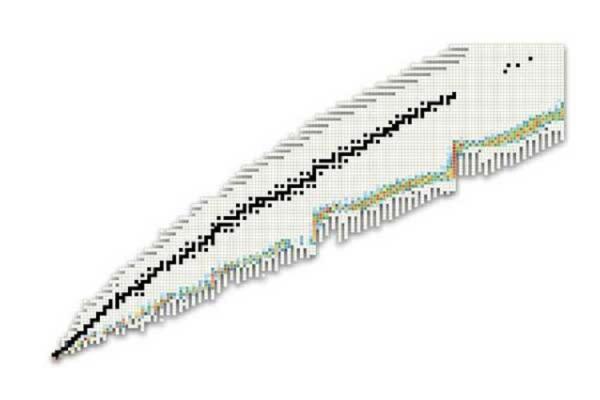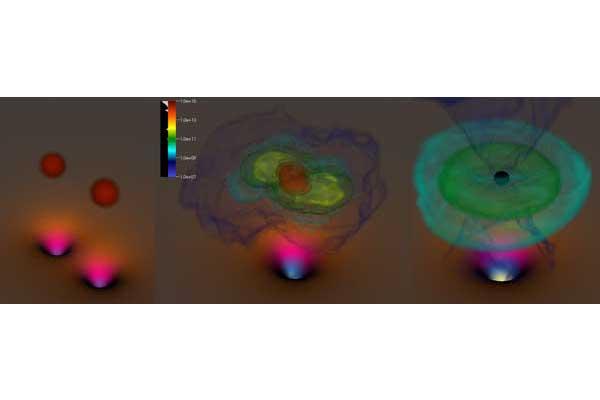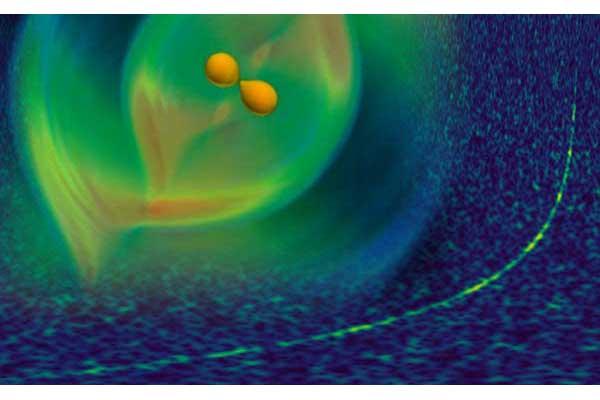The r-process and the nuclear EOS after LIGO-Virgo's third observing run

Note to applicants: This is a "hybrid" workshop, meaning there will be a combination of virtual and in-person participants. In the COMMENTS section of the Application Form, please write [In-person], [Virtual], or [Either] to reflect your preferred mode of attendance. Please be aware that all in-person participants must show proof of vaccination against COVID-19 upon arrival to the INT.
Disclaimer: Please be aware that due to ongoing concerns regarding the COVID-19 pandemic, this workshop may be changed from a hybrid workshop to online only.
**This is a rescheduled event. It was previously coded as 20-1b .**
Following the joint gravitational wave and electromagnetic observations of the single binary neutron star merger GW170817, there is now strong evidence that neutron rich ejecta from neutron star mergers produces r- process elements. However, it is still not known if neutron star mergers are the dominant source of r-process elements in our galaxy.
Future multi-messenger observations of mergers of binary neutron stars and neutron-star black-hole binaries will help to shed light on the contribution of these events to galactic chemical evolution. Gravitational waves from inspiraling double neutron-star and neutron-star black-hole binaries encode their masses and spins. In combination with follow up observations of the host environments and modeling of stellar populations, these observations could constrain the physics of binary stellar evolution leading to neutron star mergers and constrain their time-varying rate. The electromagnetic radiation produced by neutron star mergers gives clues about the conditions encountered during each merger and the properties of the exotic, neutron-rich material that is potentially unbound from the system. Experimental data on neutron rich nuclei from FRIB will help to inform our understanding of r-process nucleosynthesis in these environments. Connecting these different pieces of the puzzle will require a coordinated effort involving communities working on galactic chemical evolution, numerical relativity, nuclear physics, and gravitational wave data analysis.
This one week workshop will bring together experts in all these areas to lay the foundations needed to interpret upcoming results from the next LIGO/Virgo/KAGRA observation run, which is currently expected to begin before the end of 2022.
Note: A workshop registration fee may apply.


